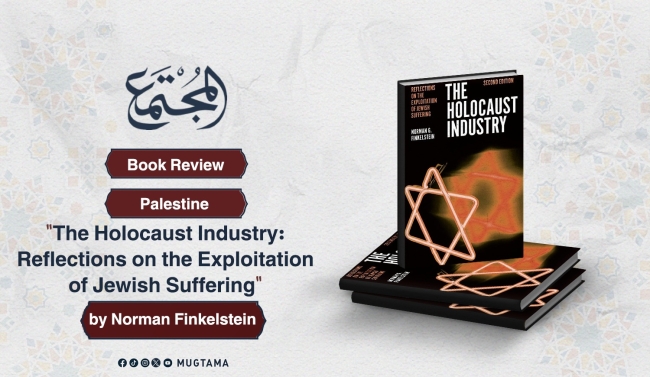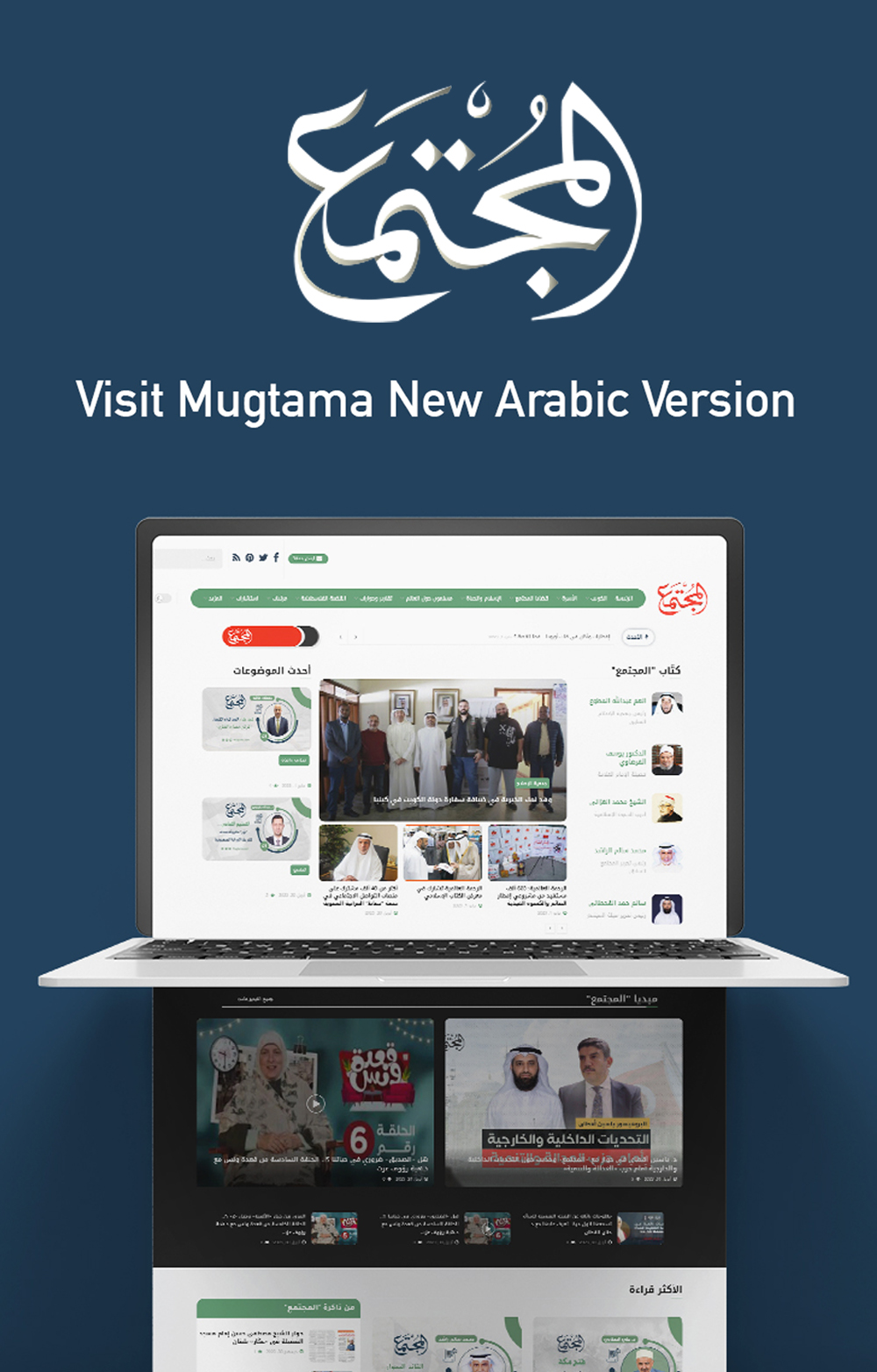The book "The Holocaust Industry: Reflections on the Exploitation of Jewish Suffering" is a critical work by American Jewish academic and researcher Norman Finkelstein, published in 2000. It addresses the topic of the "Holocaust" from two main perspectives: the first concerns the interpretation of the narrative surrounding the "Holocaust," and the second focuses on how that narrative is exploited for political and commercial purposes.
The book stirred wide controversy, as it faced criticism from some Jewish and Zionist circles. It was translated into Arabic twice; the first time by Samah Idris in 2000, and the second time by Saud Attia in 2001.
Finkelstein criticizes the excessive and misleading use of the history of the "Holocaust" by certain groups and organizations, particularly those that benefit from perpetuating the image of the Jewish victim.
He believes that some Jewish organizations, such as the "American Jewish Union," have exploited the "Holocaust" as a political pressure tool to achieve their interests, such as strengthening military and financial support for the occupying state.
It also directs sharp criticism at some academics who work to establish the image of the "Holocaust" as a unique event that cannot be questioned, despite the fact that the book calls for recognizing other historical atrocities such as the Armenian genocide.
Finkelstein compares the "Holocaust" to the suffering of other minorities that have faced persecution and extermination in various parts of the world, warning against the selective use of the "Holocaust" to pressure people or distort historical facts.
The media figure Ahmad Mansour says in an interview on the program "Without Boundaries" with the author of the book in 2004: "Although the book does not exceed 160 pages, the number of articles written about it is not in the dozens, but in the hundreds. These articles have been published in most Western newspapers, especially the reputable and famous ones."
Mansour added that the book presents a bold study that reveals the "Holocaust" industry, unveiling the groups behind it and their objectives, as well as the means and methods employed by the Jewish lobby to blackmail countries around the world.
The book, according to Mansour, also discusses how these individuals obtained tens of billions of dollars in compensation for the victims of the "Holocaust," which were subsequently distributed to "Israel" and Jewish groups, in addition to layers of lawyers and other beneficiaries.
The main axes of the book.
- The Manufacture of the 'Holocaust
The book indicates that the "Holocaust" has become part of a cultural and historical industry that benefits a certain group, and how the Jews have been able to exploit this suffering to achieve political, economic, commercial, and social gains. It sharply criticizes the Zionist and Jewish institutions, some of which profit from this suffering.
- political exploitation
The book explains how the "Holocaust" is used by some political powers to achieve special interests, and how it is exploited as a tool for political and economic manipulation, focusing on how Zionist institutions and some governments exploit this historical event to achieve material and moral gains.
- Skepticism about the official narrative
The author calls for a critique and review of some academic and media positions related to the "Holocaust," and the exaggeration in presenting its events in order to create a public opinion and a broad narrative around it, which affects the objective understanding of historical events in favor of the Jews.
- The role of "Israel" in exploiting the "Holocaust":
The text discusses how the occupying state has used the "Holocaust" as a means to enhance its political legitimacy and international support, and how it is exploited to justify "Israel's" policies against the Palestinians, gain international sympathy for them, and strengthen its position in the conflict.


